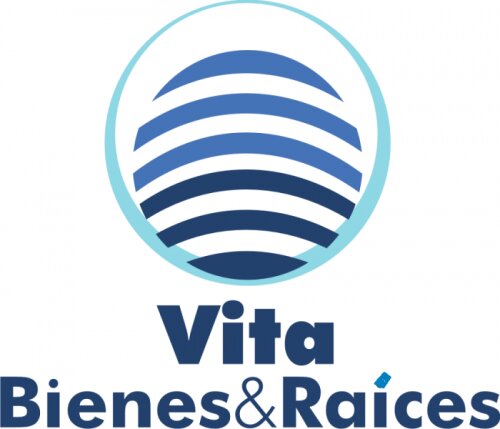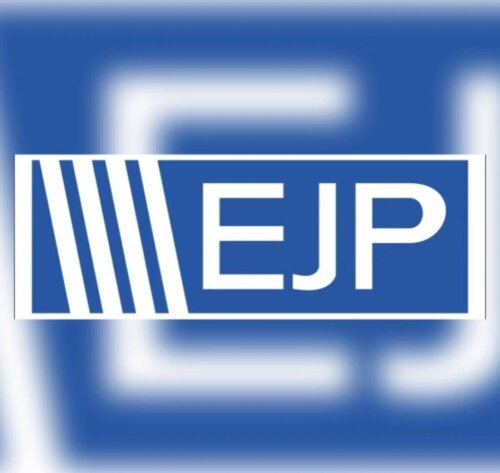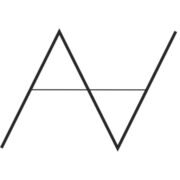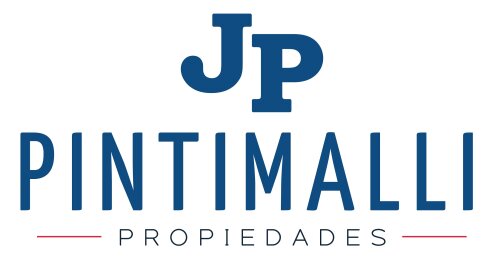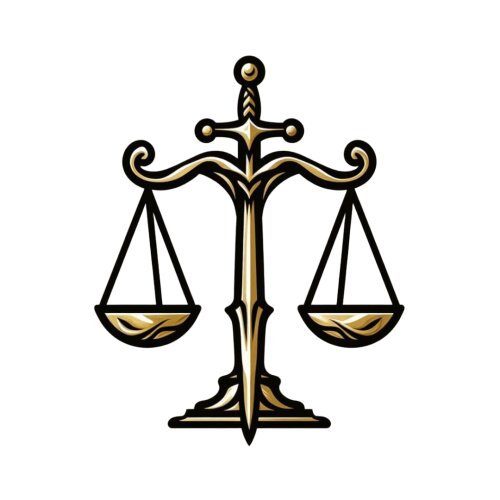Best Brokerage Lawyers in Argentina
Share your needs with us, get contacted by law firms.
Free. Takes 2 min.
Free Guide to Hiring a Real Estate Lawyer
Or refine your search by selecting a city:
List of the best lawyers in Argentina
About Brokerage Law in Argentina
Brokerage law in Argentina focuses on the regulation of intermediaries who facilitate transactions, often in the real estate, stock market, and insurance sectors. These intermediaries, known as brokers, serve as a liaison between buyers and sellers and are responsible for negotiating terms on behalf of their clients. Argentine law mandates that brokers operate with fairness, transparency, and integrity. The law also stipulates licensing requirements, ethical norms, and distinguishes the boundaries of a broker's responsibilities to protect the interests of their clients.
Why You May Need a Lawyer
There are several scenarios in which an individual may require legal assistance in brokerage matters:
- If disputes or misunderstandings arise regarding the terms of a brokerage agreement.
- For advice on compliance with local laws and regulations when setting up a brokerage business.
- To resolve issues related to brokerage fees and commissions.
- In cases where a brokerage firm fails to uphold contractual obligations.
- When dealing with claims of unethical practices, such as conflicts of interest or misrepresentation.
Local Laws Overview
Argentina has a robust legal framework governing brokerage activities. Key aspects include:
- Licensing Requirements: Brokers must acquire proper certifications and licenses to operate legally. Specific requirements vary depending on the sector (real estate, finance, etc.).
- Consumer Protection: Laws ensure brokers provide accurate information and avoid misleading practices.
- Fee Regulation: Commission structures need to be fair and clearly communicated to clients beforehand.
- Contractual Obligations: Brokers must fulfill their duties as stated in the agreement and act in the best interest of their client.
- Conflict of Interest: Brokers are required to disclose any potential conflicts of interest to avoid biased recommendations.
Frequently Asked Questions
What is the role of a broker in Argentina?
A broker in Argentina acts as an intermediary between buyers and sellers, negotiating deals and ensuring smooth transactions.
Do brokers in Argentina need a license?
Yes, brokers in Argentina must possess the appropriate licenses specific to their sector, such as real estate or financial services.
Can a brokerage dispute be resolved without legal assistance?
While some minor disputes can be resolved informally, legal assistance may be necessary for more complex issues.
Are brokerage fees regulated by law?
Yes, the law requires commission structures to be transparent and communicated to clients before any transaction occurs.
What steps should I take if I believe a broker has acted unethically?
Gather evidence of unethical conduct and seek legal consultation to determine the appropriate course of action or file a complaint with relevant authorities.
What rights do I have as a client of a broker in Argentina?
You have the right to fair treatment, transparency, and timely fulfillment of contractual obligations by the broker.
Can a foreigner engage a broker in Argentina?
Yes, foreigners can engage brokers in Argentina, but should ensure the broker complies with local laws and is properly licensed.
How can I verify a broker's credentials?
Check with the relevant regulatory body or association to confirm the broker's licensing and certification status.
Is there a governing body for brokers in Argentina?
Yes, each sector may have its regulatory body or association overseeing the practice and ethics of brokers in that field.
What documents should be included in a brokerage agreement?
A brokerage agreement should outline the terms of service, responsibilities, commission structure, and any other pertinent details.
Additional Resources
For those seeking further information or assistance, consider consulting the following resources:
- Professional associations for brokers in Argentina, like the Chamber of Real Estate Brokers.
- The Argentine National Securities Commission for information on financial brokers.
- Consumer protection agencies for advice on brokerage-related complaints.
- Legal aid organizations that can offer guidance on issues related to brokerage law.
Next Steps
If you require legal assistance in brokerage matters, consider the following steps:
- Identify the specific issue or concern you need assistance with, such as contractual disputes or regulatory compliance.
- Gather relevant documentation related to your brokerage matter to present to a legal professional.
- Consult with a lawyer specializing in brokerage law in Argentina to obtain a professional assessment and understand your legal options.
- Consider mediation or arbitration if court proceedings can be avoided or do not serve your best interest.
Lawzana helps you find the best lawyers and law firms in Argentina through a curated and pre-screened list of qualified legal professionals. Our platform offers rankings and detailed profiles of attorneys and law firms, allowing you to compare based on practice areas, including Brokerage, experience, and client feedback.
Each profile includes a description of the firm's areas of practice, client reviews, team members and partners, year of establishment, spoken languages, office locations, contact information, social media presence, and any published articles or resources. Most firms on our platform speak English and are experienced in both local and international legal matters.
Get a quote from top-rated law firms in Argentina — quickly, securely, and without unnecessary hassle.
Disclaimer:
The information provided on this page is for general informational purposes only and does not constitute legal advice. While we strive to ensure the accuracy and relevance of the content, legal information may change over time, and interpretations of the law can vary. You should always consult with a qualified legal professional for advice specific to your situation.
We disclaim all liability for actions taken or not taken based on the content of this page. If you believe any information is incorrect or outdated, please contact us, and we will review and update it where appropriate.
Browse brokerage law firms by city in Argentina
Refine your search by selecting a city.




